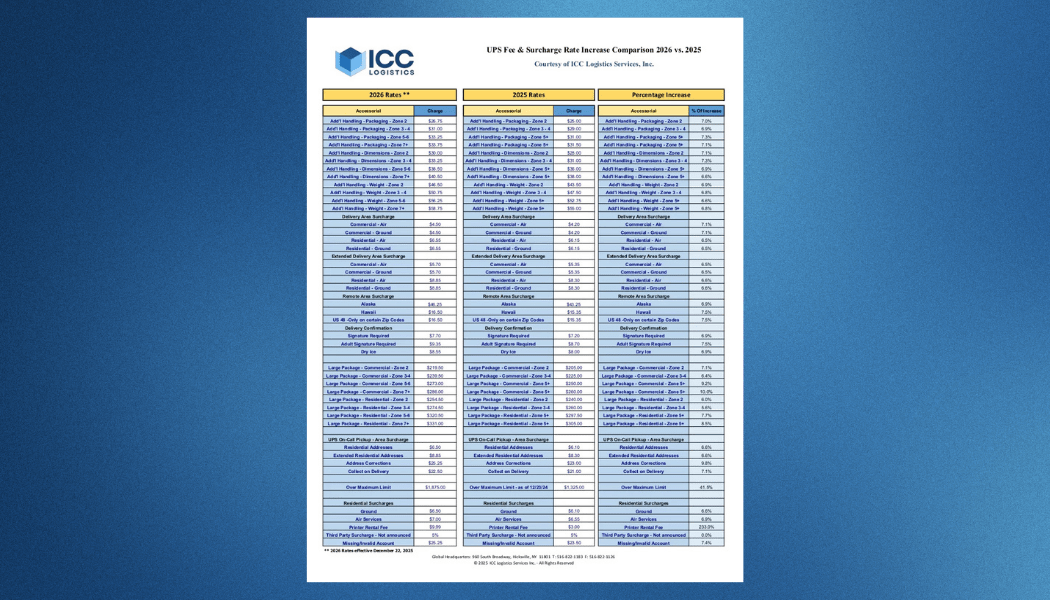Shipping invoice errors are more common — and more costly — than many shippers realize.
Whether you’re managing high-volume parcel shipments or regional freight lanes, carrier invoice discrepancies can lead to thousands in avoidable charges each year. From accessorial mistakes to missed refunds, these billing issues quietly chip away at your margin.
Here’s a quick, actionable guide to help you spot the most common billing errors in parcel shipping — and what you can do to fix them.
What are the most common shipping invoice errors?
- Late delivery charges that should trigger refunds
- Duplicate charges on multi-package shipments
- Incorrect accessorial fees (e.g., residential or DAS fees)
- Weight and dimensional discrepancies
- Misapplied fuel surcharges
- Invalid address correction charges
- Weekend surcharges billed in error
- Packages billed but never shipped
Why do carrier invoice discrepancies happen so often?
Many shipping invoice errors stem from automation gaps, misaligned contracts, and outdated rate tables. Common causes include:
- Improper data entry into shipping systems
- API mismatches between platforms and carriers
- Overlooked contract clauses
- Lack of a structured audit process
How do I detect billing errors in parcel shipping?
Start by reviewing:
- Your shipping invoices line by line
- Carrier performance reports
- Refund eligibility by service level
A parcel invoice audit can uncover issues like overcharges, missed credits, or patterns in carrier invoice discrepancies tied to certain zones or service types.
How do I fix recurring invoice errors?
- Audit regularly: Use automated tools or a trusted logistics partner to check every invoice.
- Dispute quickly: Most carriers require disputes to be filed within 15–30 days.
- Compare contract vs. behavior: Make sure what you’re billed aligns with how you ship.
- Track recurring issues: Are the same surcharges showing up repeatedly? Flag and escalate.
Can these errors be prevented?
Yes, but not entirely. Invoice errors will always surface to some degree — especially in complex parcel networks. The key is to build a system for catching and correcting them fast, ideally with full visibility into shipping behavior, contracts, and billing trends.
Billing errors in parcel shipping don’t just affect accounting — they impact margin, forecasting, and trust with your carriers. By understanding where carrier invoice discrepancies come from and how to address them, you can turn a messy process into a strategic advantage.
Want a no-obligation review of your shipping invoices?
Our logistics experts will identify where errors are hiding and how to recover costs. Start your free logistics assessment →



 to receive our FREE white papers:
to receive our FREE white papers: